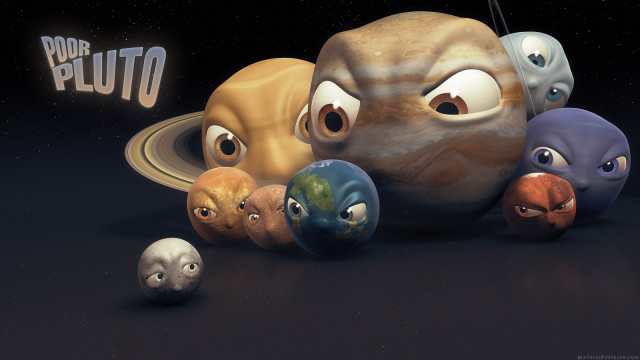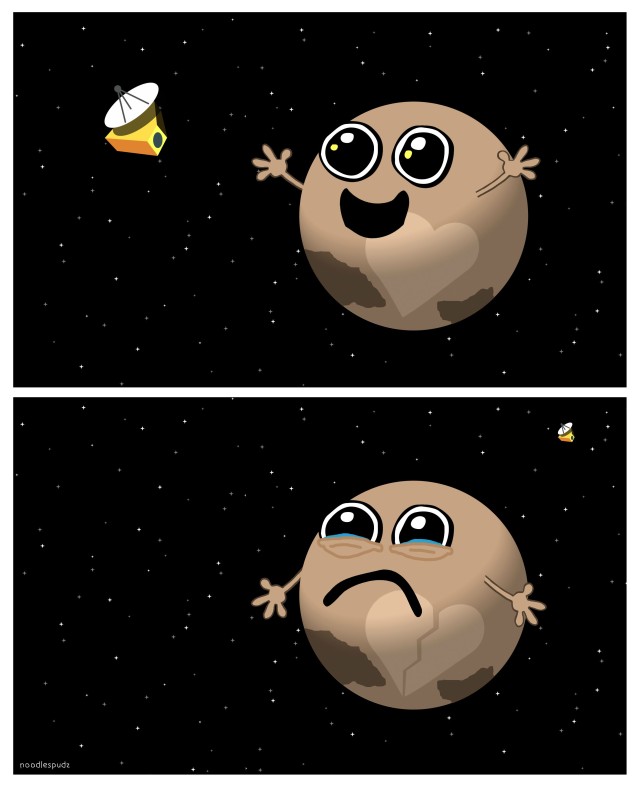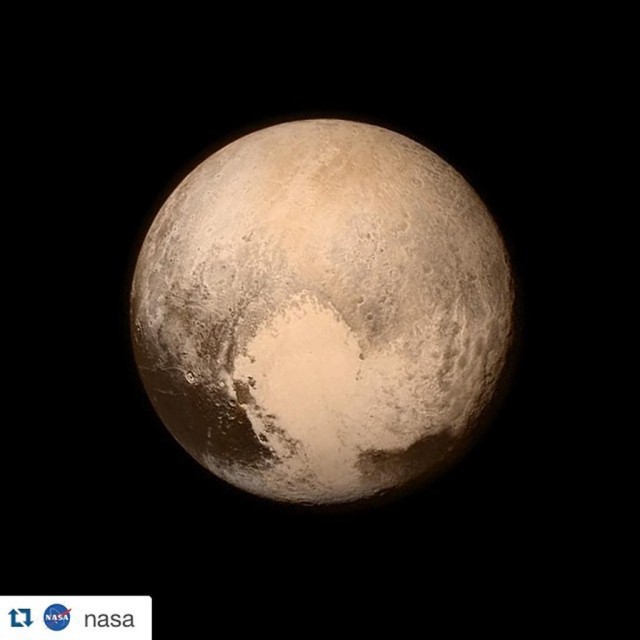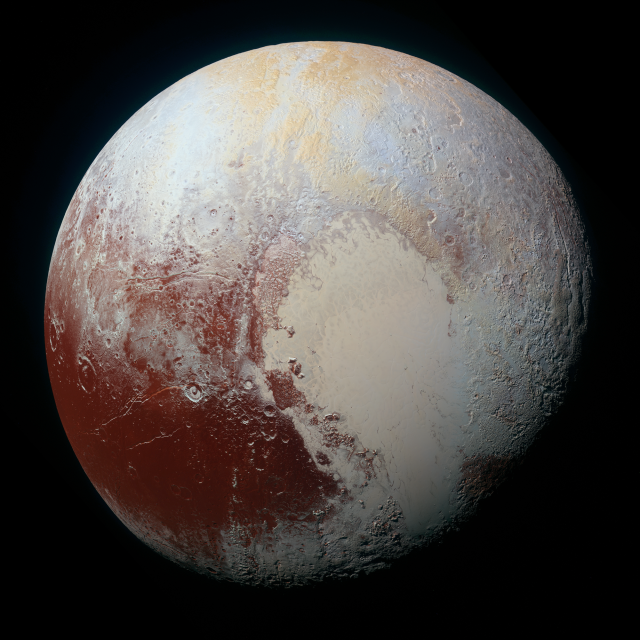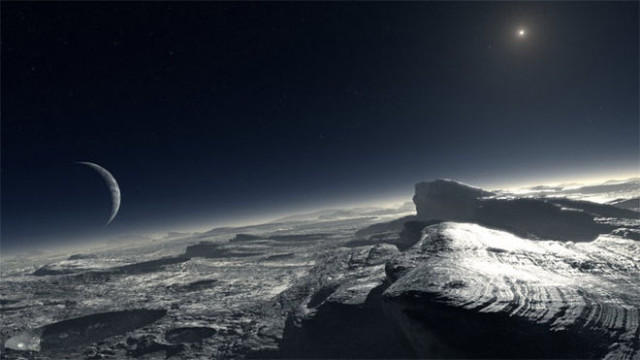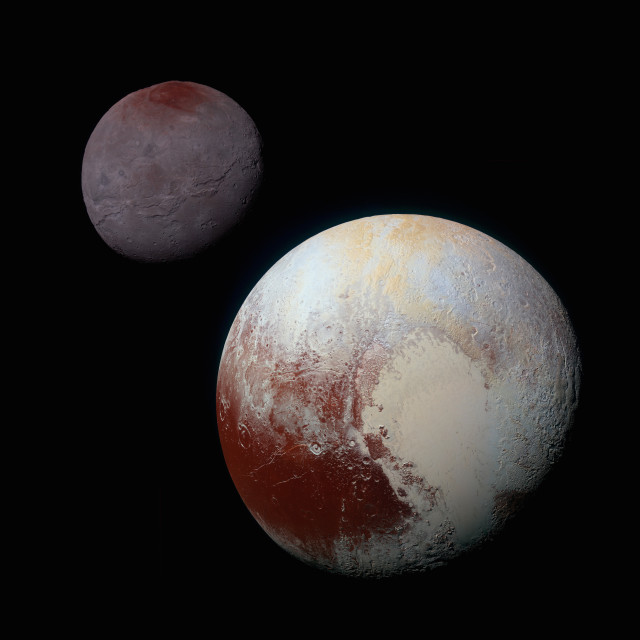Have you ever felt like the black sheep of your family? Were you the victim of constant bullying in school? Or, did your achievements and talents get overshadowed by a “Sharma Ji ka beta” next door?
Well if you are unfortunate enough to have encountered any of the above, you have our condolences. But don’t worry. You’re not the only one. In fact you have a celestial friend who can empathize with you!
It’s true. You know what they called Pluto? “The Dwarf Planet”! Now how would you feel if the entire school called you “shorty”? Or the 6 point something basket ball dudes sneered at you?
But there’s more to Pluto’s share of grief. Being small and very far away from Earth it had received little attention from astronomers, who were enamored by the majestic Jupiter, the glorious Saturn and even neighbor Mars. Adding insult to the injury, Pluto was stripped of its status as a planet. Unnoticed and forgotten, it lay in a distant corner of our Solar System.
But lending support to the adage, “Every dog has his day” it seems scientists have finally decided to redress the injustice meted out to Pluto. In January 2006, scientists from NASA launched the New Horizons project with the goal of doing a pioneering study on Pluto.
The first data from the spacecraft was transmitted back to Earth in July last year. As more data keeps coming, scientists are being kept busy making sense of all that data to construct the science of Pluto. Their findings are bound to take you by surprise.
The Planet with a heart
The dwarf planet has a large depression on its landscape. With two discernible reddish brown lobes, it resembles the human heart. This is the Big Red Spot you see on Pluto’s surface. The right lobe (named Sputnik Planum) is more uniform with relatively less craters. Called Tombaugh Region after Pluto’s discoverer, the entire region is covered by nitrogen ice with a copious presence of mountains, plateaus, boulders and active glaciers.
The Boiler underneath
Scientists acknowledge the possibility of a continuous heating process under the Sputnik Planum which causes the ice to rise upwards and reach a semi-molten state. The Big Red Spot seems to be sitting on top a boiler!
Mountains of Ice
Frozen methane, nitrogen and water amalgamate to form mountains of ice. The ice is volatile and part of it evaporates to form the plutonian atmosphere. Pluto’s atmosphere is thin. However it is inclement with breezes and hazes. And as you might guess it is very, very cold. If Pluto were to support life, then plutonians would have to adapt to temperatures hundreds of degrees below Earth’s poles. Brrrrrrrrr!!!!
Volatile atmosphere
Pluto’s atmosphere seems to be flying off albeit at a relatively slow rate. Now, that’s not an anomaly. Even Earth loses a pound of its atmosphere every second. So does Mars. And now Pluto’s loss rate seems to almost equal that of Earth and Mars. This seems to be counter intuitive as general wisdom predicts the loss rate to depend on a planet’s size. Who knows? Maybe this is an early lead into some path breaking discovery in the fundamental sciences!
Charon
Pluto has a neighbor situated in close proximity to it. Called Charon, this heavenly body is considered by some to be Pluto’s moon. Others contend that it is a twin dwarf planet. Whatever astronomers decide to call it, some of Pluto’s evaporating atmosphere seems to be ending up on Charon, trapped by the latter’s gravity. This celestial partner is almost as glorious as Pluto. It too contains a big red splotch and is checkered by mountains and plateaus, despite having a more uniform landscape.
So the preliminary analysis reveals Pluto’s heart, its treacherous terrain, egregiously cold temperatures, a volatile atmosphere and a parasitic celestial partner. We eagerly await the arrival of new information that will reveal more about the forgotten planet.
This renewed interest in Pluto will go a long way to improve its status in academia. Who knows? May be we will even witness a manned mission to Pluto in our lifetime!



























